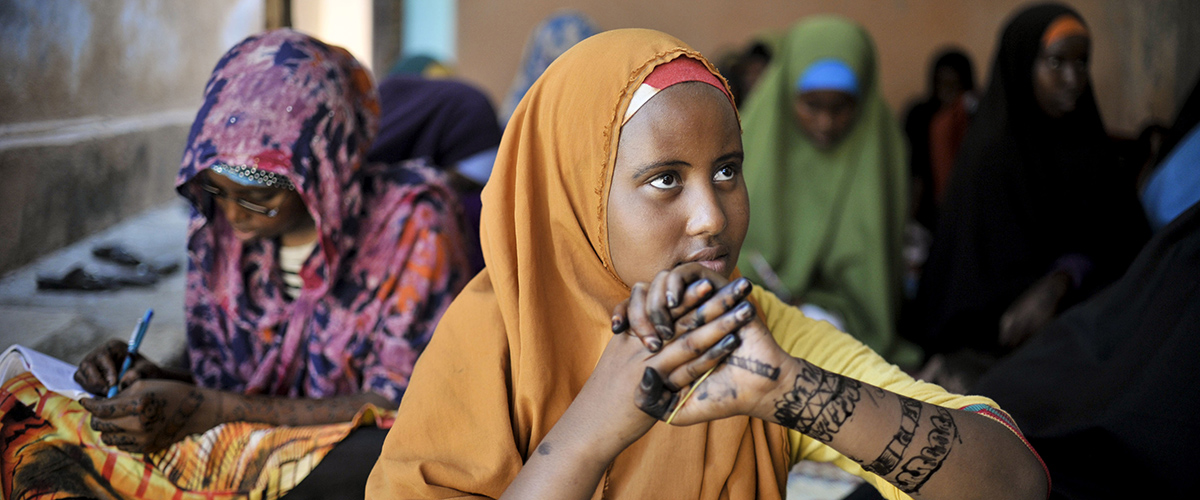With just two days to mark the end of the 16 days of activism against gender-based violence, it is critical for both the nation and individuals to reflect on mechanisms to prevent gender- based violence against women and girls. While the physical form of violence is most prominent, focus needs to be put in forms of violence such as sexual violence, especially to girls in form of defilement and early marriages.

Various advocates against domestic violence spoken to during our coverage of gender-based violence in this period have highlighted that poverty and economic dependence continue to perpetuate gender-based violence.
According to statistics by Unicef, globally, rates of child marriage are highest in sub-Saharan Africa, four in 10 girls marry before age 18; about one in eight were married or in union before the age 15. Findings from a World Bank report: ‘Accelerating Uganda’s Development: Educating Girls and Ending Child Marriage and Early Childbearing,’ released recently, revealed that Uganda stands to generate $3b (Shs10 trillion) if it ends child marriage and early child bearing.
According to World Bank Country Manager Christina Malmberg Calvo, early marriage encourages high dependence ratio to the few working class thus resulting in lack of saving and investment due to outflow of the meagre resources. The reports point to economic costs like low education attainment for girls, among others.
The path to Uganda’s middle income status is most probably paved with interventions to solve gender-related issues such as agriculture, among other strategies. It is high time stakeholders refocused their resources otherwise whatever progress we make will be bogged down by gender-related problems.
The issue: Gender issues
Our view: The path to Uganda’s middle income status is most probably paved with interventions to solve gender-related issues such as agriculture, among other strategies. It is high time stakeholders refocused their resources.

